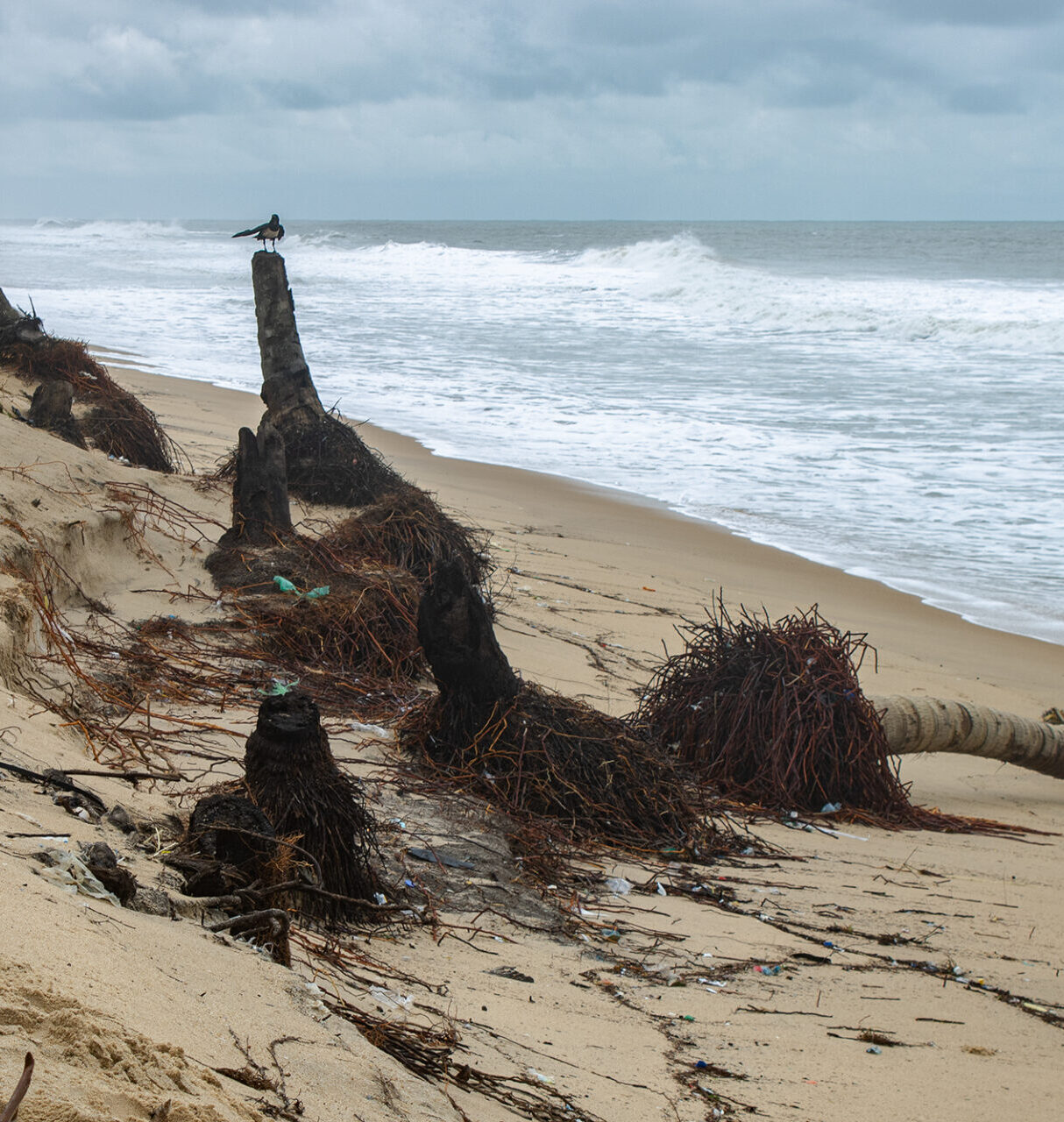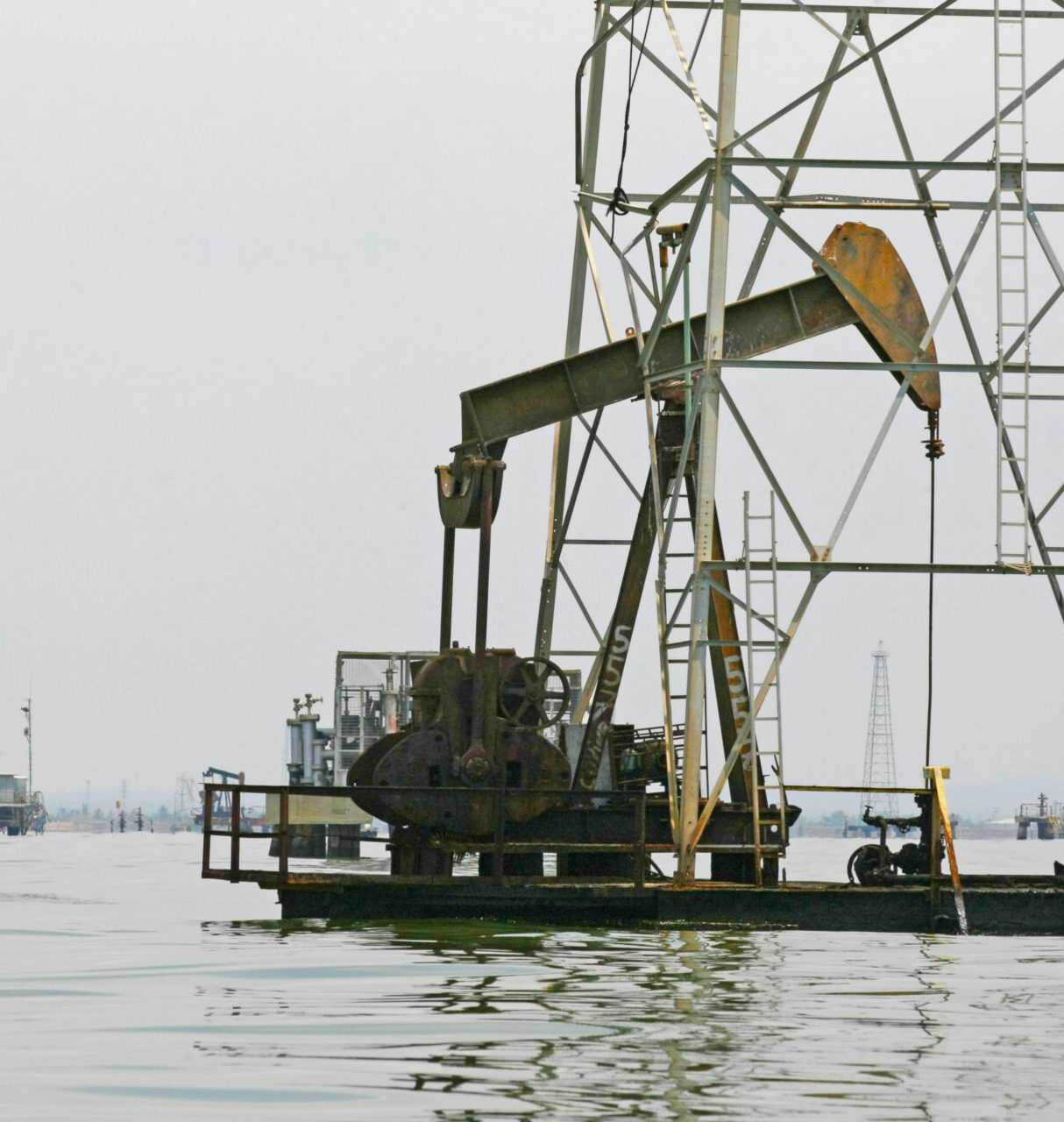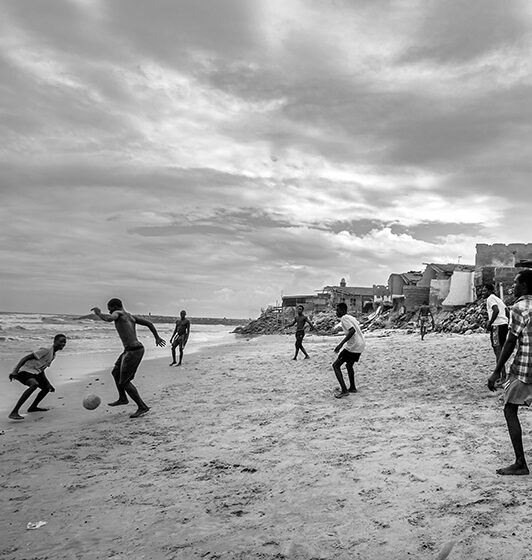SES 5509
Spatial Design Strategies for Climate Migration
We will examine climate migration through selected case studies in climate hotspots in the Sahel and the Pacific Islands, focusing on emerging migration trends: 1) cross-border migration, 2) internal migration, and 3) urban-to-rural migration. Additionally, we will explore holistic views of displacement and risk overlaps, including areas where conflict and climate change intersect.
Mon, Jan 27, 2025









